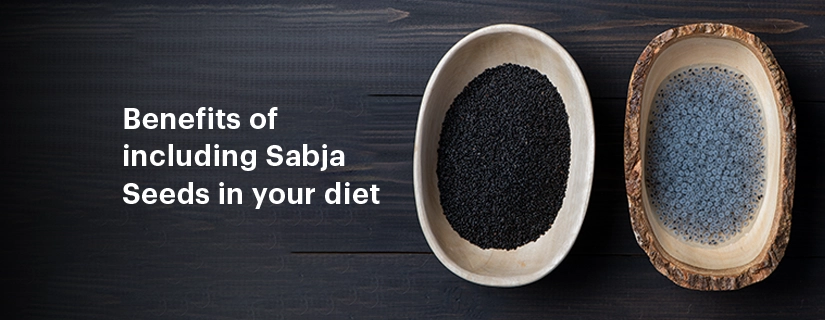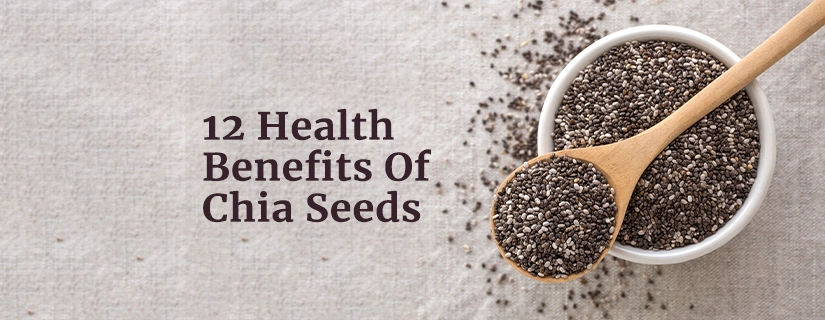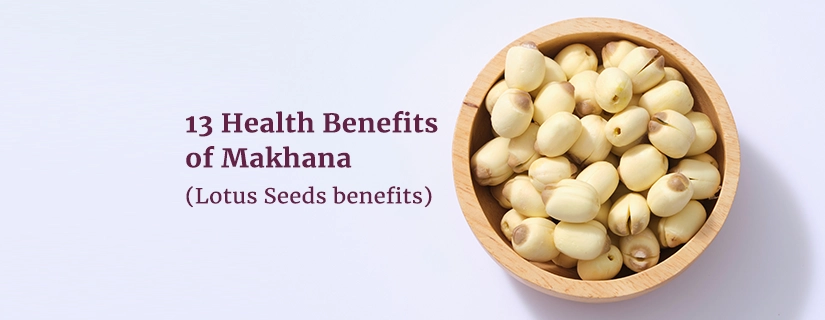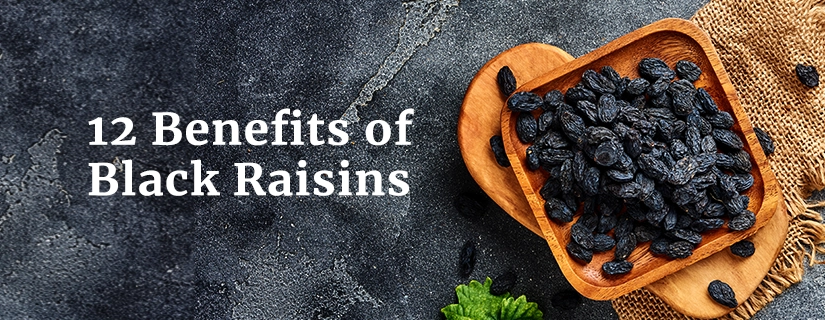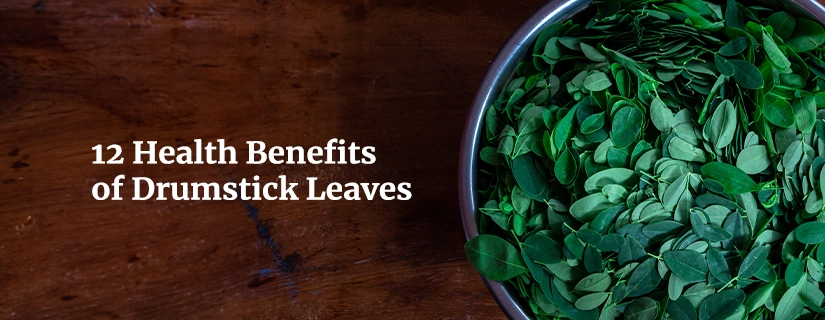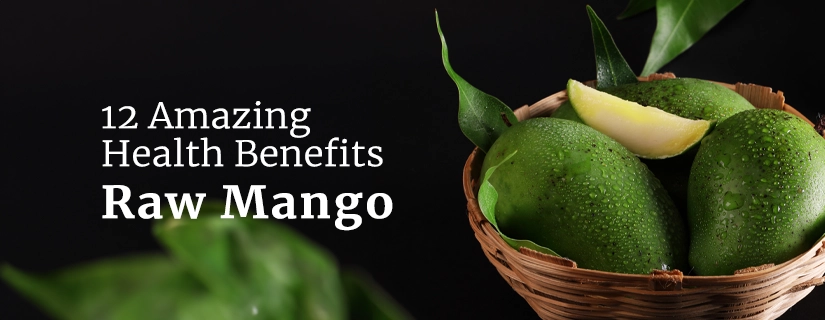-
Doctors
-
Specialities & Treatments
Centre of Excellence
Specialties
Treatments and Procedures
Hospitals & Directions HyderabadCARE Hospitals, Banjara Hills CARE Outpatient Centre, Banjara Hills CARE Hospitals, HITEC City CARE Hospitals, Nampally Gurunanak CARE Hospitals, Musheerabad CARE Hospitals Outpatient Centre, HITEC City CARE Hospitals, Malakpet
HyderabadCARE Hospitals, Banjara Hills CARE Outpatient Centre, Banjara Hills CARE Hospitals, HITEC City CARE Hospitals, Nampally Gurunanak CARE Hospitals, Musheerabad CARE Hospitals Outpatient Centre, HITEC City CARE Hospitals, Malakpet Raipur
Raipur
 Bhubaneswar
Bhubaneswar Visakhapatnam
Visakhapatnam
 Nagpur
Nagpur
 Indore
Indore
 Chh. Sambhajinagar
Chh. SambhajinagarClinics & Medical Centers
Book an AppointmentContact Us
Online Lab Reports
Book an Appointment
Consult Super-Specialist Doctors at CARE Hospitals
12 Health Benefits of Amla
Updated on 26 November 2025

Did you know that a small, tangy fruit could revolutionise your health? Amla also known as Indian gooseberry has had an influence on wellness for centuries. This powerhouse of nutrition packs a punch when it comes to health benefits. From boosting immunity to promoting lustrous hair amla has earned its reputation as a superfood globally.
Talking about amla its benefits are numerous and very effective. This article will tell you the top 12 advantages of amla, the nutritional value of this fruit and discuss its various uses.

Nutrition Value in Amla
Amla also known as Indian gooseberry, is a nutritional powerhouse. This fruit contains essential vitamins, minerals & other important compounds
that are good for you. This tiny fruit boasts an impressive mix of nutrients, which leads to its many health perks.
- A 100-gm serving of fresh amla berries contains as much vitamin C as 20 oranges, making it an exceptional source of this vital nutrient. The vitamin C content in amla ranges from 193 to 720 mg per 100 grams, depending on the variety. Comparatively, amla juice can have a higher vitamin C content than many other fruits, including apples, limes, pomegranates, and certain types of grapes.
- Amla is also rich in carbohydrates, accounting for more than 70% of its dry weight. Fibre is another significant component, ranging from 7.2 to 16.5 grams per 100 grams of dry weight.
- You will also get protein (2.0-4.5 g/100g) and a small amount of fat (0.2-0.6 g/100g).
- In addition to vitamin C, amla provides other essential nutrients including but not limited to:
- Vitamin A (290 IU)
- Vitamin B1 (30 mg/100g)
- Vitamin E (0.17 mg/100g)
- Calcium (25 mg/100g)
- Iron (1 mg/100g)
- Phosphorous (2.1-3.1 g/100g)
It is low in calories and sugar thus an ideal nutritious snack and meal. A half-cup serving of amla berries contains only 33 calories, less than 1 gm of protein and fat, eight gms of carbohydrates, three gms of fibre, and no sugar.
Amla is rich in antioxidants (flavonols, polyphenols, alkaloids and flavonoids) giving you health benefits, such as improved memory and reduced risk of chronic conditions like heart disease, diabetes, and cancer.

12 Health Benefits of Amla
This small green fruit packs a nutritional powerhouse and offers numerous benefits. Here are 12 key advantages of eating amla:
- Amla is one of the richest sources of vitamin C (containing 600-700 mg per fruit). If you are eating it regularly it can enhance immunity to fight infections & illnesses.
- Amla extract helps lower cholesterol, triglycerides & inflammation levels and reduce blood pressure (all of which are risk factors for heart conditions).
- The high concentration of vitamin C in amla stimulates collagen production thus enhancing the elasticity of your skin, reducing signs of ageing in you and leading to brighter, firmer skin.
- Amla's dietary fibre content improves your digestive health by promoting normal bowel movements & preventing constipation.
- Studies suggest that amla has hepatoprotective qualities. This fruit shields the liver from damage and improves its overall function.
- Amla is often used in hair care products to strengthen hair, reduce hair loss and improve the health of your scalp.
- Amla might have a hypoglycemic effect (regulates blood sugar levels). This can benefit people with diabetes.
- Studies have shown that amla extract can help protect against kidney damage and maintain kidney function.
- The fibre in amla promotes a feeling of fullness which may help reduce overall calorie intake.
- Amla contains carotene which can help enhance vision & lower the risk of age-related macular degeneration.
- Amla's natural anti-inflammatory compounds help diminish inflammation and alleviate pain related to inflammatory conditions like arthritis.
- The antioxidants in amla protect your brain from oxidative damage and improve your memory & cognitive skills.
Uses of Amla
Some common uses of amla include but not limited to:
- Dietary Supplement: As by now you must have known how good it is as a source of vitamin C (100g of amla containing around 700mg of Vitamin C) you can consume raw amla or its juice to boost immunity and improve overall health.
- Ayurvedic Medicine: Amla has been a staple in Ayurvedic practices for over a thousand years and a key ingredient in Chyawanprash (a popular Ayurvedic tonic consumed to build immunity against colds, coughs, and other infections).
- Culinary Uses: Amla is used to make chutneys, raitas, pickles, and subzis. Some people add it to dals and rice or use it to prepare rasam.
- Juices and Smoothies: One of the easiest ways to include amla into your diet is by juicing it. You can have it with other fruits or vegetables in the form of nutritious drinks.
- Natural Remedy: Amla is used to address various health concerns. It is believed to help manage diabetes, control blood pressure, aid in your digestion and better functioning of your liver.
Side Effects of Amla
Excess of anything is bad with amla not being an exception. Everyone should be aware of its potential side effects. Eating amla in reasonable amounts is okay, but consuming excessive amounts can cause problems.
Its high fibre content may lead to stomach issues. Some people may experience bloating, stomach aches or diarrhoea when consuming too much amla. In rare cases, excessive fibre intake might cause constipation or discomfort in the colon.
Amla can affect blood sugar levels. For individuals with diabetes or those taking anti diabetic medications amla might cause excessive lowering of blood sugar. This can be dangerous, especially if not monitored carefully.
People with low blood pressure should be cautious when consuming amla. It can lower blood pressure, which could be problematic for hypotension patients.
Amla's acidic nature may trigger acidity and irritate the stomach, particularly in individuals with hyperacidity problems.If you are consuming it in excessive amount it can lead to dehydration due to its diuretic properties. This results in skin dryness and potentially contributes to premature ageing.
Surprisingly, consuming too much amla can negatively affect your hair health. It may cause scalp dryness, hair fall, itchiness, and dandruff.
Conclusion
As told by our mothers and grandmothers amla has a truly remarkable influence on our health and well-being. This small but mighty fruit offers many benefits from boosting your immunity to improving the health of your heart.
Like any other thing you can get the best out of it if you are consuming it in moderation. Always stick to the recommended amounts and consult a doctor or dietician if you have any concerns.

ENQUIRY FORM
SELECT CATEGORIES
-
Neurosciences (16)
-
Neurology (38)
-
Neurosurgery (14)
-
Orthopaedics (48)
-
Oncology (33)
-
Obstetrics and gynecology (52)
-
Pulmonology (23)
-
Urology (20)
-
Nephrology (13)
-
Psychiatry (7)
-
Dietetics and Nutrition (111)
-
General Medicine (63)
-
Cardiac Sciences (32)
-
Vascular & Endovascular Surgery and Interventional Radiology (15)
-
Gastroenterology (46)
-
Endocrinology (23)
-
Plastic Surgery (10)
-
Critical Care Medicine (5)
-
COVID-19 (16)
-
Dermatology (16)
-
Emergency Care (1)
-
Ophthalmology (4)
-
Pediatrics (14)
-
Laparoscopic and Bariatric Surgery (8)
-
ENT (15)
-
Kidney Transplant (1)
-
Liver Transplantation and Hepatobiliary Surgery (5)
-
General Surgery (3)
-
Internal Medicine (5)
-
Medicine Information
15 Health Benefits of Ashwagandha and How to Use
How to Increase Potassium in The Body
YOU MAY ALSO LIKE
RECENT BLOGS
-

Leg Weakness: Causes, Symptoms and Treatment
9 January 2026
Read More
-

Back Pain After C-Section: Causes and Home Remedies
9 January 2026
Read More
-

Belly Button Pain (Periumbilical Pain): Causes, Treatment and When to See a Doctor
9 January 2026
Read More
-

Implantation Bleeding Vs Periods: Know the Difference
8 January 2026
Read More
-

Fainting Vs Seizure: Understand the Difference
8 January 2026
Read More
-

12 Home Remedies for Arthritis
8 January 2026
Read More
-

HeartBurn: Symptom, Causes, Risks and Treatment
8 January 2026
Read More
-

Hyperthyroidism in Men: Causes, Symptoms and Treatment
8 January 2026
Read More
Have a Question?
If you cannot find answers to your queries, please fill out the enquiry form or call the number below. We will contact you shortly.

























